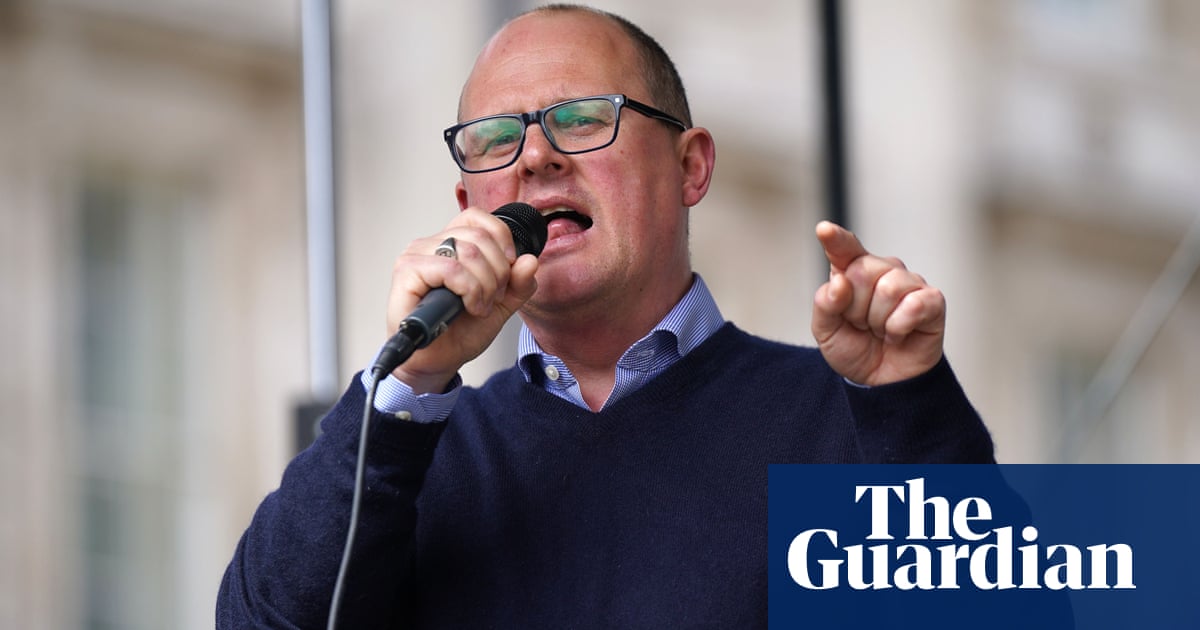
Race equality campaigners have hailed the Duke and Duchess of Sussex’s call for an end to structural racism in the UK as an “incredibly powerful” and “compelling” message that demonstrated the couple had their fingers firmly on the millennial pulse.
Writing for Black History Month in London’s Evening Standard, Harry and Meghan said: “For as long as structural racism exists, there will be a generation of young people of colour who do not start their lives with the same equality or opportunity as their white peers.”
In an accompanying interview, Harry admitted he had experienced an “awakening” of his own, adding: “I wasn’t aware of so many of the issues and so many of the problems with the UK and also globally as well. I thought I did, but I didn’t.”
Dr Halima Begum, the director of the Runnymede Trust, described the the message as “compelling” and “overwhelming”. “It tells us they understand the millennial pulse; they understand what young people care about today; they understand what is right for the future of the UK.”
She added: “They are the ‘people’s royals’. I know that every young person – black and minority ethnic and including white – will be thinking this is a couple who actually understand our future and our nation as it is today.”
Structural racism was not a “few bad apples in the police”, she said, but existed in the system and in institutional policies. It was about “changing cultures and attitudes on how we approach racial justice in this country.” The Sussexes’ message “sends volumes to the nation” on an issue which needed a light shining on it, she added.
Lord Woolley, the director of Operation Black Vote, said structural racism was an “uncomfortable truth and the sooner we confront it the better”. The couple had a “leadership voice”. “And, in this BLM [Black Lives Matter] movement space, what they are saying to these young people, black and white, is your protest to demand structural change is 100% legitimate.”
Woolley, a former chair of the No 10 race disparity unit, added: “They are a young mixed heritage couple. As a family they have had to confront the most awful racism. Their royal privilege has not spared them the poison of UK racism.”
Harry’s admission he had not been as aware as he thought should resonate with others, said Tyrek Morris, from the community youth-led group, All Black Lives UK. “It invited people to question themselves on whether they are complicit in structural racism, or if they benefit from the system. Because white privilege is very much a thing,” he said.
From banks, with black people less likely to get loans, to health services, with black mothers five times more likely to die in childbirth, he said, structural racism existed and was an “uncomfortable subject”.
Hitherto, the royal family had not spoken about it, despite being figureheads for many Commonwealth countries, he added. “But now you’ve got a mixed-race princess, and her husband, advocating human rights,” he added, welcoming the couple “using their global platform for positive messages”.
Gurpreet Kaur, of BLM in the Stix, which highlights racism in rural areas, said it was “heartening” to hear the couple use their influence “to highlight the issue of structural racism in the UK”.
Racism in the countryside and rural areas was overlooked, “denied and downplayed”, she said. “So what we want to do is call on white people in rural areas to take the same journey as Harry, and recognise that racism exists on their doorstep and is happening to their neighbours all year round.”












